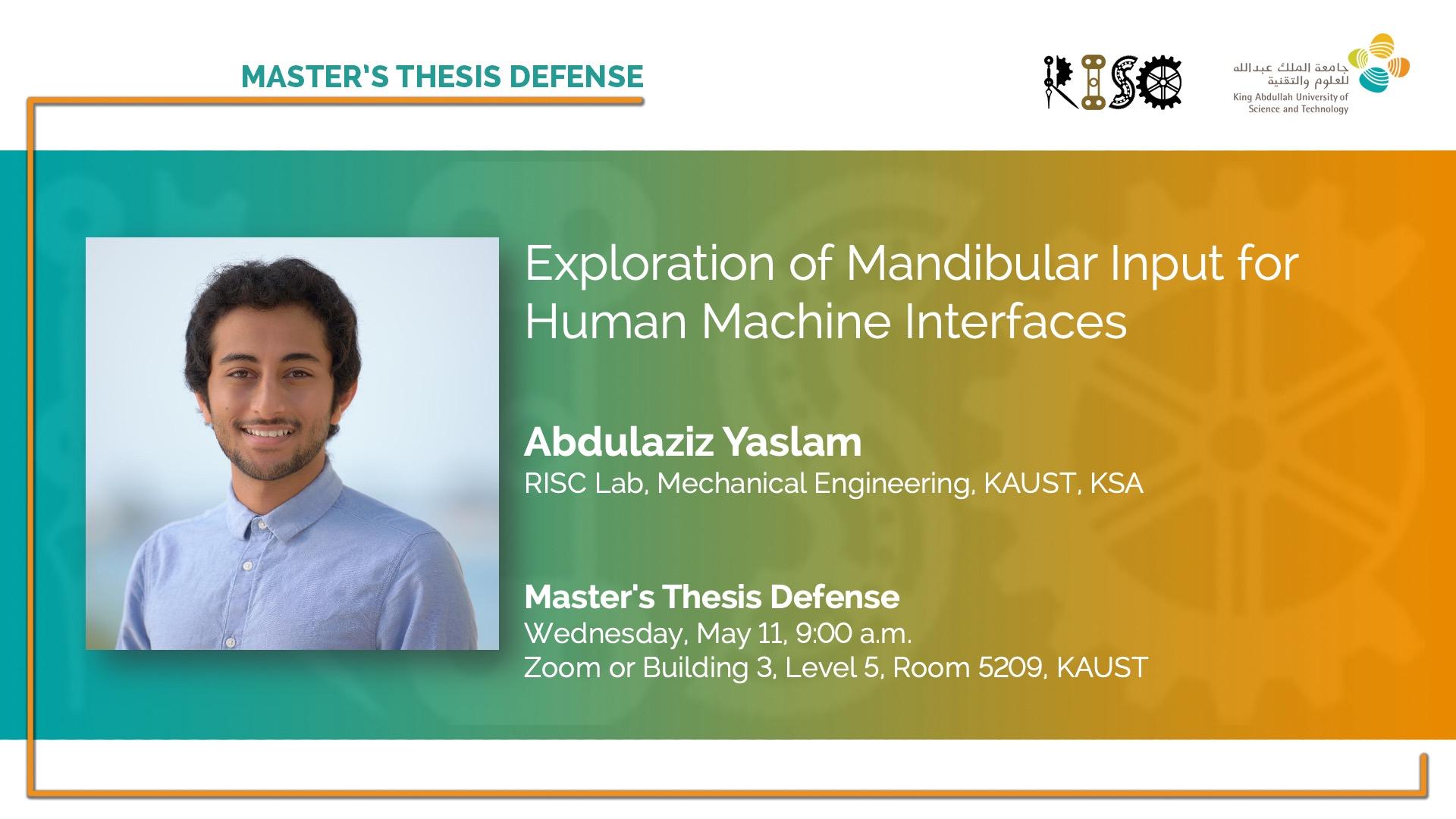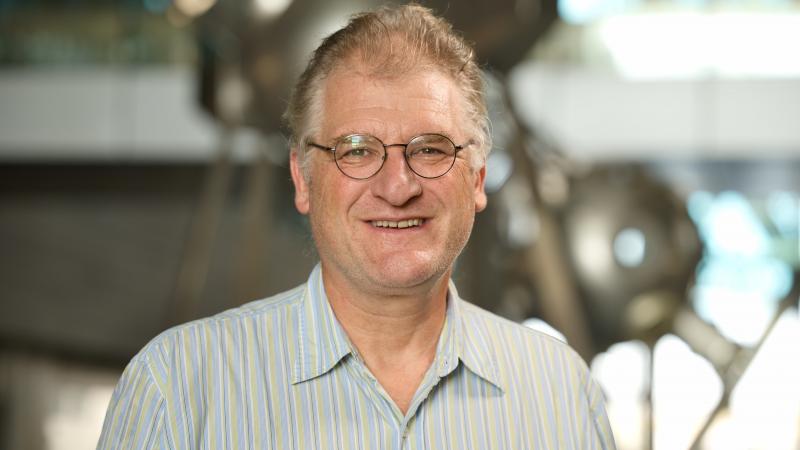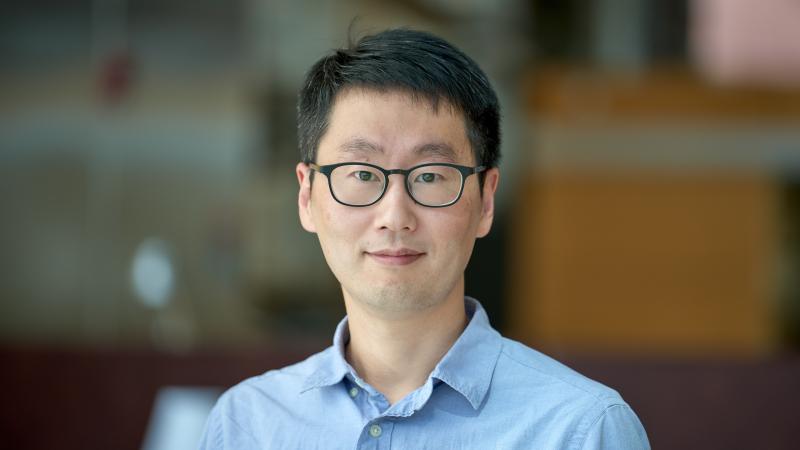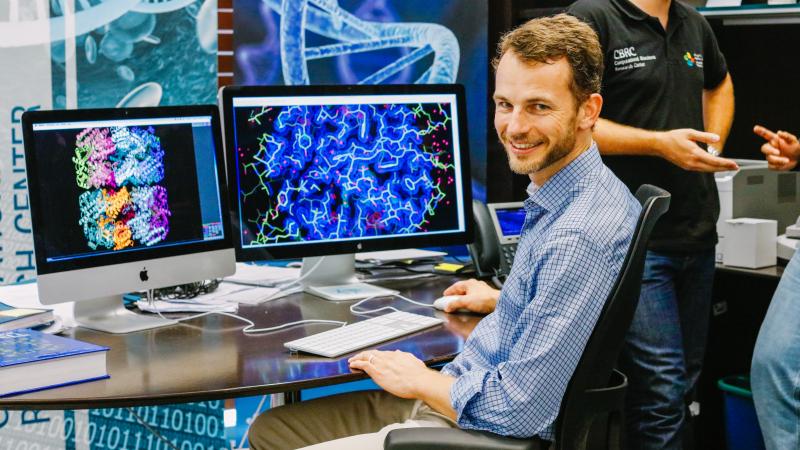Master's Thesis Defense
Wednesday, May 11, 2022, at 9:00 AM
Building 3, Level 5, Room 5209; Join Zoom Meeting: https://kaust.zoom.us/j/4852668297; Meeting ID: 485 266 8297
"Exploration of Mandibular Input for Human Machine Interfaces."
Committee Members
Prof. Eric Feron, Prof. Stefan Arold, and Prof. Shinkyu Park
Abstract
The direct connection of the jaw to the brain allows it to retain its motor and sensory capabilities even after severe spinal cord injuries. As such, it can be an accessible means of providing inputs for people with paralysis to manipulate their environment. This paper explores the potential for using the jaw, specifically the mandible, as an alternative input to human-machine interface systems. Two tests were developed to test the mandible's ability to respond to visual stimuli. First, a visual response time test to measure the precision and accuracy of user input through a mandible-actuated button. Second, a choice response test to observe coordination between the mandible and a finger. Study results show that the mean response time of mandible inputs is 8.3% slower than the corresponding mean response time of performing the same task with a thumb. The delay in response after making a decision is statistically insignificant between the mandible- and finger-actuated inputs with the mandible being 2.67% slower. Based on these results, the increase in response time while using the mandible-actuated input is minimal for new users. Extensive training with a made-to-fit device has the potential to enable a visual response time equivalent to or faster than that of the fingers. More testing is needed to explore mandibular controllers more fully as a potential input for human-machine interfaces used with various systems, assistive devices, and human augmentations.
Bio
Abdulaziz Yaslam is a bioengineering master's student at the Robotics, Intelligent Systems, and Control Lab (RISC Lab) led by Prof. Eric Feron. He joined KAUST as a bioengineer in August 2020 and has been at the RISC Lab since May 2021. Before then, he attended the University of California at Davis in the United States where he received his bachelor's degree in biomedical engineering. His research interests relate to novel input methods, sensors, and medical devices. His current work is in observing the way humans interact with their environment to identify new ways of enhancing those interactions.



